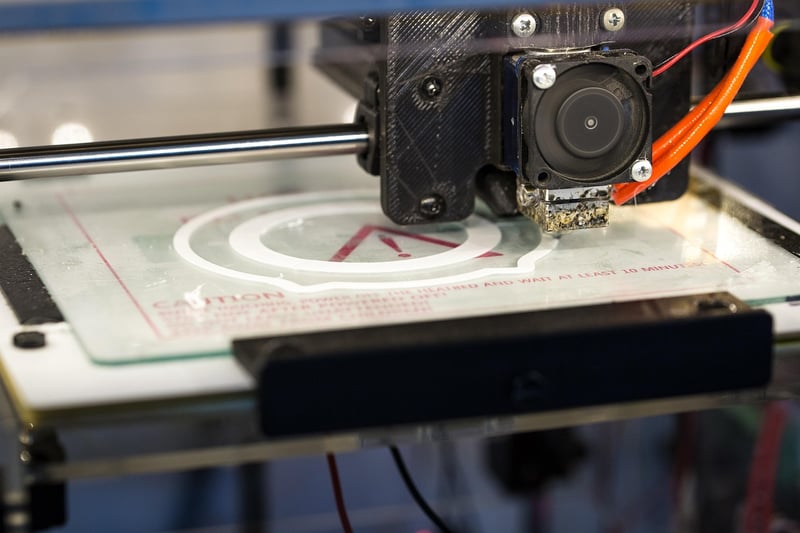Life Support Innovations
The Future of Healthcare: Cutting-Edge Innovations in Life Support
As technology continues to advance at a rapid pace, the healthcare industry is also benefiting from cutting-edge innovations that are revolutionizing patient care. One area where these innovations are particularly impactful is in life support technologies. Let's explore some of the latest advancements that are changing the landscape of life support in healthcare.
Artificial Intelligence in Life Support Systems
Artificial intelligence (AI) has made significant strides in recent years and is now being integrated into life support systems to provide more personalized and responsive care to patients. AI algorithms can analyze vast amounts of data in real-time, helping healthcare providers make faster and more accurate decisions in critical situations.

Remote Monitoring and Telemedicine
Remote monitoring devices and telemedicine solutions are allowing healthcare professionals to monitor patients' vital signs and provide medical assistance from a distance. These technologies are especially useful for patients who require long-term life support or live in remote areas where access to healthcare services is limited.

Implantable Devices for Continuous Monitoring
Implantable devices, such as pacemakers and defibrillators, have been around for years, but recent advancements have taken them to the next level. These devices now come equipped with sensors that can continuously monitor a patient's health metrics and alert healthcare providers of any irregularities in real-time.

3D Printing for Customized Life Support Solutions
3D printing technology is being used to create customized life support solutions, such as prosthetics and medical implants, that are tailored to individual patients' needs. This not only improves the effectiveness of the treatment but also reduces the risk of complications and improves patient outcomes.

Conclusion
The future of healthcare is bright, thanks to these cutting-edge innovations in life support technologies. As technology continues to evolve, we can expect even more groundbreaking advancements that will further enhance the quality of care provided to patients around the world.
